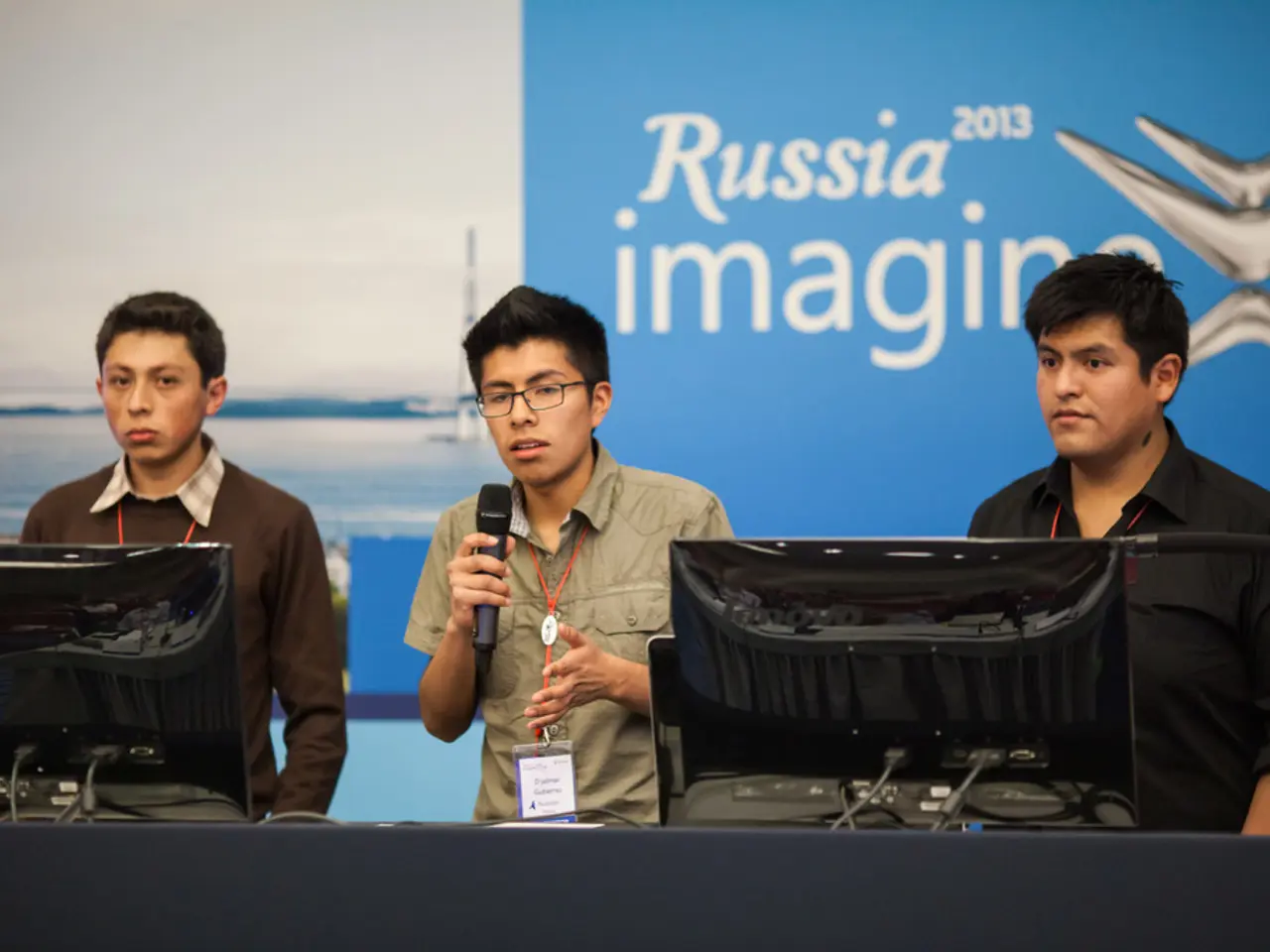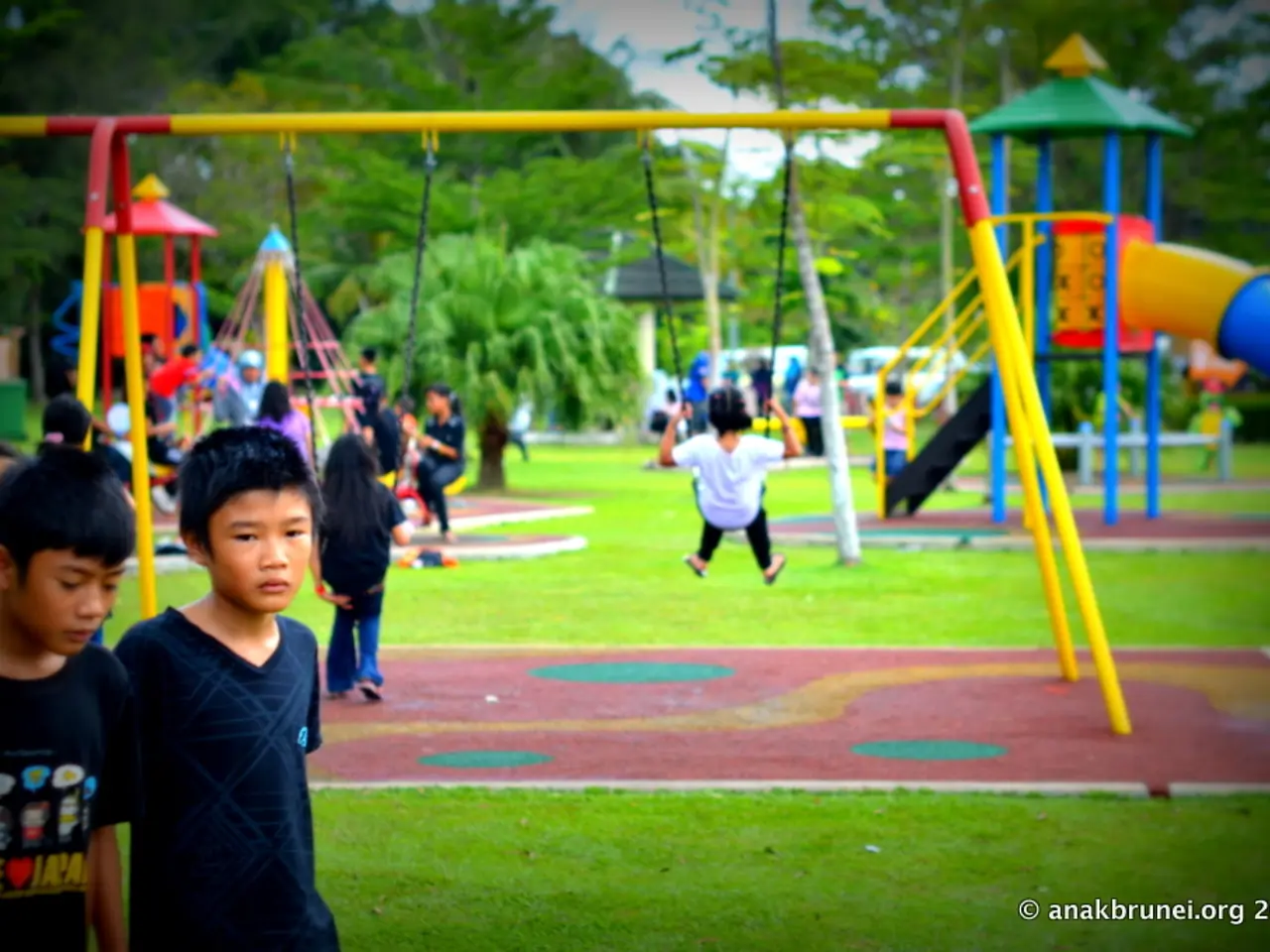Turkey Places Among Leading Nations in Global Cyberattacks Targeting Gaming Industry
In the digital realm, a new wave of cyberattacks is targeting younger gamers, particularly in Turkey, Saudi Arabia, and Qatar. The cybersecurity firm Acronis reports that Turkey is one of the top three countries most affected by these attacks [4].
The attacks, primarily centered around gaming platforms such as Discord and YouTube, often disguise themselves as beta game versions [2]. This deceitful tactic is a clever ploy to lure unsuspecting gamers into downloading malicious software.
The malware, known to be part of the "Leet Stealer" family, steals sensitive information, including login credentials, payment data, and cryptocurrency wallet details, once installed [1]. Some variants of the malware can download and execute additional malicious files, posing a significant threat to the affected users [2].
The global distribution of these cyberattacks, as indicated by the malware's multilingual source code, underscores the need for international cooperation in combating these threats [4]. Comment lines in the source code contain not only English but also Portuguese and Turkish words, suggesting that the malware's code has passed through several hands and been modified by different individuals [3].
To protect themselves, Turkish gamers are advised to adopt common cybersecurity tactics. Enabling multifactor authentication (MFA), regularly updating and patching their software, maintaining offline backups of important data, and implementing strong access controls are essential [3]. Additionally, gamers should be cautious of phishing attempts and avoid clicking on suspicious links or downloading files from untrusted sources [3].
Using VPNs for secure connections and relying on reputable antivirus and anti-malware solutions can also help mitigate risks against ransomware and DDoS attacks common in the gaming ecosystem [3]. Considering the rise in DDoS attacks, using DDoS protection services where available (especially for gaming servers or platforms) can help maintain connectivity and prevent service disruptions [2].
As ransomware groups like Play and Qilin employ double extortion tactics (stealing data then encrypting it or threatening to leak data), gamers should ensure their systems are fully patched and MFA is activated to prevent unauthorized access [1]. Offline backups enable recovery without paying ransoms, while awareness of phishing and social engineering can reduce the risk of infection [1].
The severity of these cyberattacks is evident, with stolen data leading to account takeovers, financial losses, and even blackmail [1]. Data from VirusTotal shows that Türkiye accounted for 17% of all global detections of these fake installers [4].
The attacks initially hit Brazil and the United States before spreading to the Middle East [4]. The cyberattacks, which first appeared in the Americas, have increasingly spread to the Middle East, highlighting the global reach and potential for further adaptation of these malicious software types [4].
In Turkey, the majority of respondents recognize the severity of cyberattacks on their work and digital life, underscoring the importance of education and vigilance among users, including gamers, to reduce human error, a key vulnerability in cybersecurity breaches [4]. Following guidelines shared by cybersecurity authorities like the FBI, CISA, and Australian Signals Directorate—such as those promoting patching and strong access controls—remain essential best practices for gamers to secure their accounts and devices against evolving threats prevalent in 2025 [1].
- The Turkish lira, in the midst of the Middle East, joins Saudi Arabia and Qatar as countries heavily targeted by a recent wave of cyberattacks.
- Turkish lawmakers and gamers should pay heed to the escalating cybersecurity threats, especially when using Turkish-language platforms like Discord and YouTube, as these have been prime targets.
- Given the global reach and adaptation of these malicious software types, cybersecurity firms and authorities in Turkiye should collaborate with international counterparts to combat this multilingual Leet Stealer malware.
- To safeguard their gadgets and personal information in the ever-evolving realm of technology, Turkish gamers can employ cybersecurity practices such as multifactor authentication, regular updates, strong access controls, and vigilance against phishing attempts.




